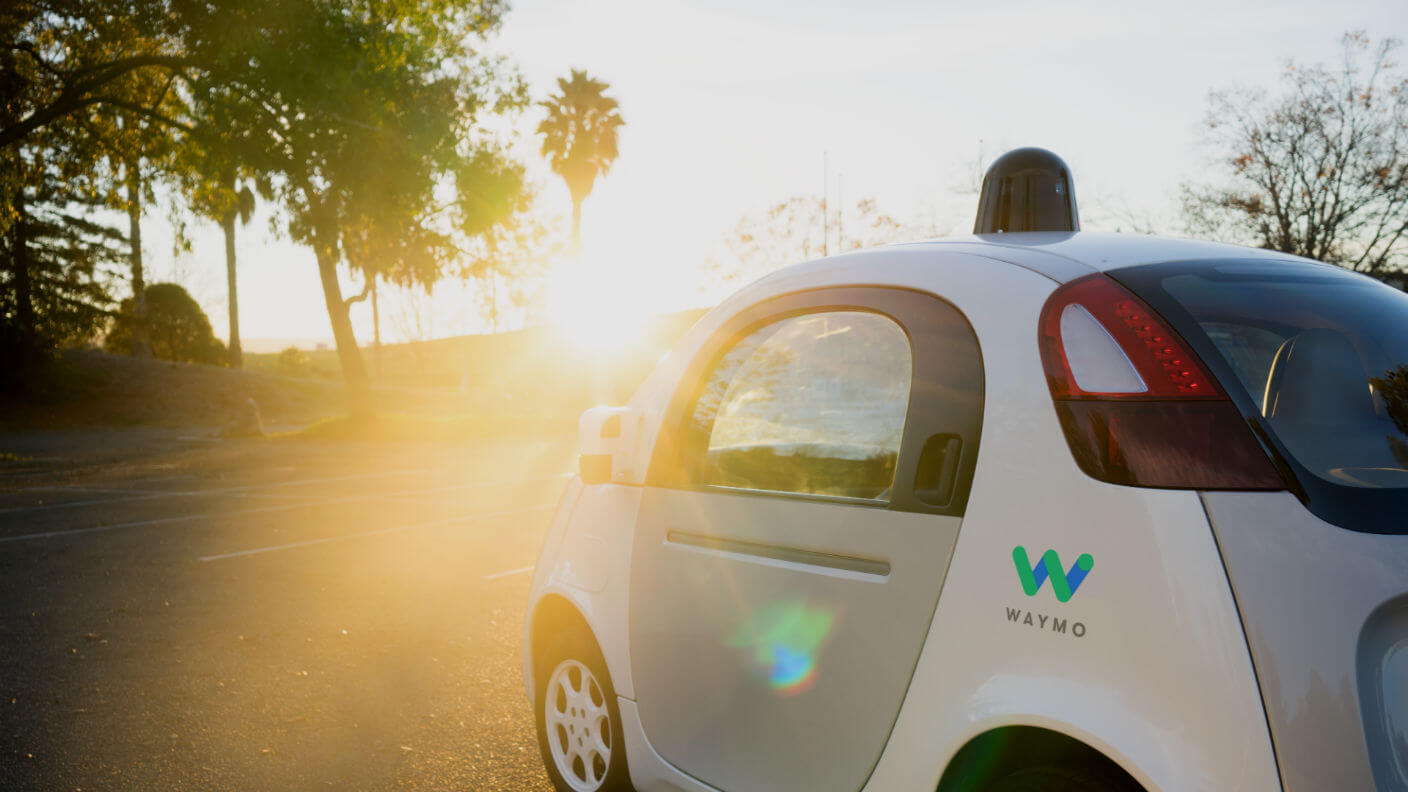Silicon Valley Is Winning the Race to Build the First Driverless Cars
Content adapted from this Singularity Hub article : Source
Detroit did not invent the automobile. By 1900, hundreds of companies began building them in the US, Germany, France, UK and Japan. Detroit honed industrial planning and the assembly line to become the hub for the auto industry.
The auto sector is about to take its biggest step forward since mass production with the advent of cars that drive themselves. Unlike the original race which began with small entrepreneurs and engineers, this race is being played out by giant corporations.
In total, six companies are vying to become the leader in the race to dominate the driverless car market. Three of these --- Toyota, General Motors, and Volkswagen -- comes from the existing car industry. The other three -- Tesla, Uber and Google -- have digital technology but lack large scale manufacturing capabilities.
Toyota
Toyota Research Institute, the Silicon Valley arm of the world's largest car maker just unveiled a driverless car that can see in 360 degrees thanks to the help of a radar and camera arrays. The car has a 200 meter range.
Volkswagen
VW invested in a taxi-hailing app that uses artificial intelligence to co-pilot its cars.
General Motors
GM purchased Cruise Automation in 2016 which helps them get access to AI. They now plan to launch the first mass-production car in 2019.
Google
Operating under "Waymo", google has made test vehicles that have gone 4 million miles without a human driver since November 2017. Google is in talks with other manufacturers like Chrysler to install the technology into existing hardware.
Uber
Uber has been testing self driving cars since 2016. Uber purchased a self driving trucking company called Otto in 2016 and they are planning on partnering with Volvo to create self driving cars.
Tesla
This is the first Silicon Valley company to go into car manufacturing. They have the experience to handle mass production and the software to operate self driving cars. They plan to have self driving Teslas that can drive from New York to LA without any human help by June 2018.
Winners
"At the moment, the disruptors like Tesla, Waymo, and Uber seem to have the upper hand. While the traditional automakers are focusing on bringing Level 3 and 4 partial automation to market, the new companies are leapfrogging them by moving more directly towards Level 5 full automation. Waymo may have the least experience of dealing with consumers in this sector, but it has already clocked up a huge amount of time testing some of the most advanced technology on public roads.
The incumbent carmakers are also focused on the difficult process of integrating new technology and business models into their existing manufacturing operations by buying up small companies. The challengers, on the other hand, are easily partnering with other big players including manufacturers to get the scale and expertise they need more quickly.
Tesla is building its own manufacturing capability but also collecting vast amounts of critical data that will enable it to more easily upgrade its cars when ready for full automation. In particular, Waymo’s experience, technology capability, and ability to secure solid partnerships puts it at the head of the pack."
Non-adapted found at Singularity Hub : Source
Disclaimer: This account is not affiliated with Singularityhub.com.
I read Singularity Hub many times a day to find the best articles and reformat them for Steemit. I appreciate the upvotes but consider following the account and resteeming the articles you think deserve attention instead. Thank you!
Head over to www.Singularityhub.com for a more complete technology news coverage about what affects computers, the future and the singularity.
